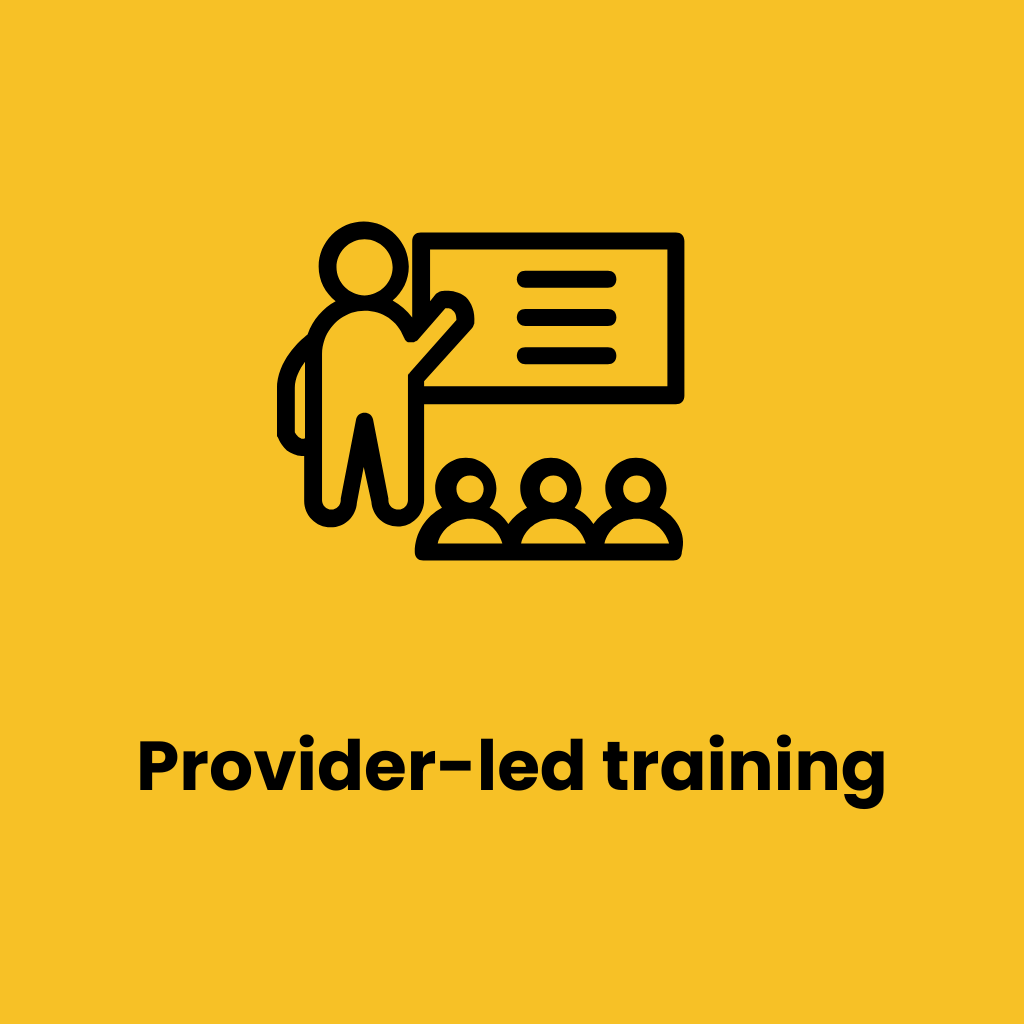All you need to know about ECTE
What is the Early Career Teacher Entitlement?
Early career teacher entitlement (ECTE) is a 2-year programme that supports early career teachers (ECTs) when they start their teaching career. It’s designed to:
- develop their professional skills
- provide them with the knowledge and skills to meet the teachers’ standards
It includes:
- a training programme for ECTs
- mentor support for ECTs
- a training programme for new mentors (if the school uses a DfE funded lead provider)
- time off timetable for ECTs and mentors
- regular progress reviews and 2 formal assessments for ECTs against the teachers’ standards
The term ‘early career teacher entitlement (ECTE)’ replaces ‘ECF-based training and induction’ from September 2025.
What is the ITTECF?
From September 2025, ECTs and Mentors will access the Initial Teacher Training and Early Career Framework (ITTECF), which unifies and replaces the previous Initial Teacher Training Core Content Framework (CCF) and Early Career Framework (ECF).
This consolidated framework outlines the essential knowledge, skills, and behaviours that trainees and ECTs should develop. It also specifies the mentoring and support ECTs are entitled to receive during the initial years of their teaching careers.
Roles and Responsibilities
|
Role |
Responsibilities |
|
ECT |
Early Career Teachers are expected to:
|
|
Induction Tutor |
The Induction Tutor is responsible for:
|
|
Mentor |
Mentors are responsible for:
Mentors are not responsible for formal assessments. Their focus is on supporting their ECT with their professional development during induction.
|
|
Headteacher |
Headteachers are responsible for:
|


